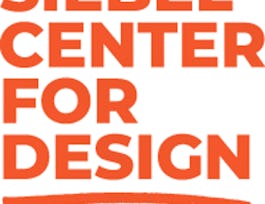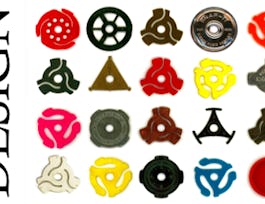Engineering courses often focus on technical skills and processes, leaving students with few examples of how to apply these skills in the real world. With "Introduction to Socially Engaged Design," you'll learn about this essential engineering and design framework, strengthening the connection between your work and its impact on individuals, societies, and the environment.



Recommended experience
What you'll learn
Learn how the Socially Engaged Design model can increase understanding of the design processes.
Assess societal connections to inform broader, inclusive, and sustainable design solutions
Apply socially engaged design principles to real-world projects
Details to know

Add to your LinkedIn profile
21 assignments
See how employees at top companies are mastering in-demand skills


Earn a career certificate
Add this credential to your LinkedIn profile, resume, or CV
Share it on social media and in your performance review

There are 5 modules in this course
In this module you will explore the intersection of technical design, engineering, and social factors, focusing on equity and societal needs. You will examine the Socially Engaged Design (SED) Process to navigate complex engineering challenges, learn its structure, and apply the SED principles through case studies showcasing the societal impact of engineering.
What's included
6 videos7 readings3 assignments5 discussion prompts
In this module you will understand how to employ stakeholder maps to identify project influences and discover the impact of power dynamics and personal bias on stakeholder interactions.
What's included
6 videos12 readings6 assignments4 discussion prompts
In this module you will learn the process of identifying and defining engineering needs and design opportunities, and understand how to distinguish between and gather stakeholder requirements and engineering specifications. In addition you will examine how personal biases can affect problem framing.
What's included
6 videos9 readings5 assignments4 discussion prompts
In this module you will understand the role of tools and strategies in ideation to create innovative design solutions. You'll survey best practices in generating and selecting ideas, while examining how identity and power dynamics influence the ideation process.
What's included
5 videos6 readings2 assignments4 discussion prompts
In this final module you will dig into the Develop and Realize stages as critical analysis processes for validating and verifying design concepts. This module defines prototyping as an iterative tool, focuses on stakeholder engagement in development, discusses varied validation strategies, and addresses the influence of personal and societal factors on idea evolution.
What's included
7 videos10 readings5 assignments2 discussion prompts
Instructors


Offered by
Why people choose Coursera for their career




Recommended if you're interested in Physical Science and Engineering

University of Illinois Urbana-Champaign

University of California San Diego

University of Leeds

University of Pennsylvania

Open new doors with Coursera Plus
Unlimited access to 10,000+ world-class courses, hands-on projects, and job-ready certificate programs - all included in your subscription
Advance your career with an online degree
Earn a degree from world-class universities - 100% online
Join over 3,400 global companies that choose Coursera for Business
Upskill your employees to excel in the digital economy




